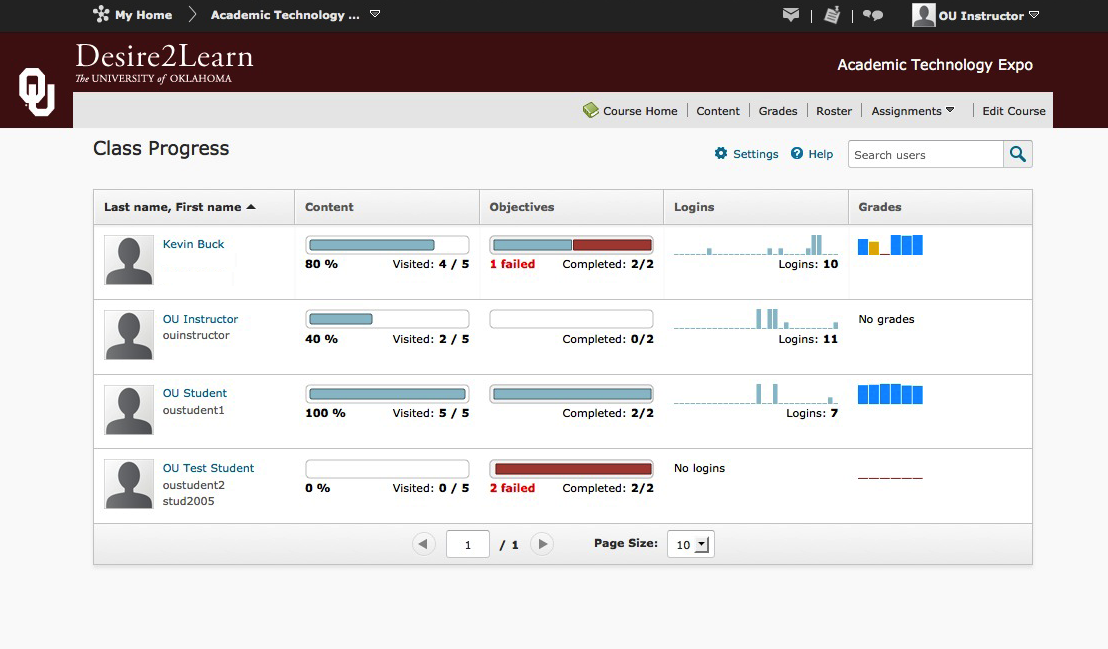Jeffrey Widener, a broadly trained cultural and environmental geographer with professional experience in geographic information systems and urban planning,
has been named as University of Oklahoma Libraries’ first geospatial information systems librarian. In this newly created position, Widener will lead OU Libraries in the development of geospatial data services, programs and collections. He brings experience in utilizing geospatial data as well as teaching geo-techniques and other geography-related courses.
“As OU’s first GIS librarian, I look forward to working with students and colleagues across campus and helping them use these new resources,” Widener said.
Rick Luce, dean of University Libraries, said, “Widener has the unique ability to both “speak the language” of GIS and apply that across multiple fields, and to teach others to use geospatial tools and data sets to empower their research. This combination of skill sets makes him a great asset to OU libraries.”
GIS (geographic information systems) and GPS (global positioning systems) have become extraordinarily important in today’s interconnected world. From GPS-enabled smart phones and cameras to geo-tagged “tweets,” smart grid management, and U.S. security efforts, GIS and GPS have become part of everyday life.
Geospatial data involves more than electronic mapping resources, however. It exists as well in archives – in oral histories, maps, texts, art and photography. Widener anticipates developing a GIS archival program using Open Source data that will assist the OU community and serve as a resource for others.
“Jeff brings experience teaching university-level GIS and geography courses as well as practical GIS experience in city government,” said Jody Foote, the geology librarian in the Youngblood Energy Library. “A published author and member of several GIS and geography professional organizations, Jeff has a passion for geography and teaching geospatial information skills that gives him a strong foundation for promoting this new area across a variety of disciplines on the OU campus.”
Added Luce, “Through Widener’s leadership, OU Libraries is looking forward to embracing the dynamic changes happening in scholarship by expanding GIS services and resources to OU’s academic community.”



